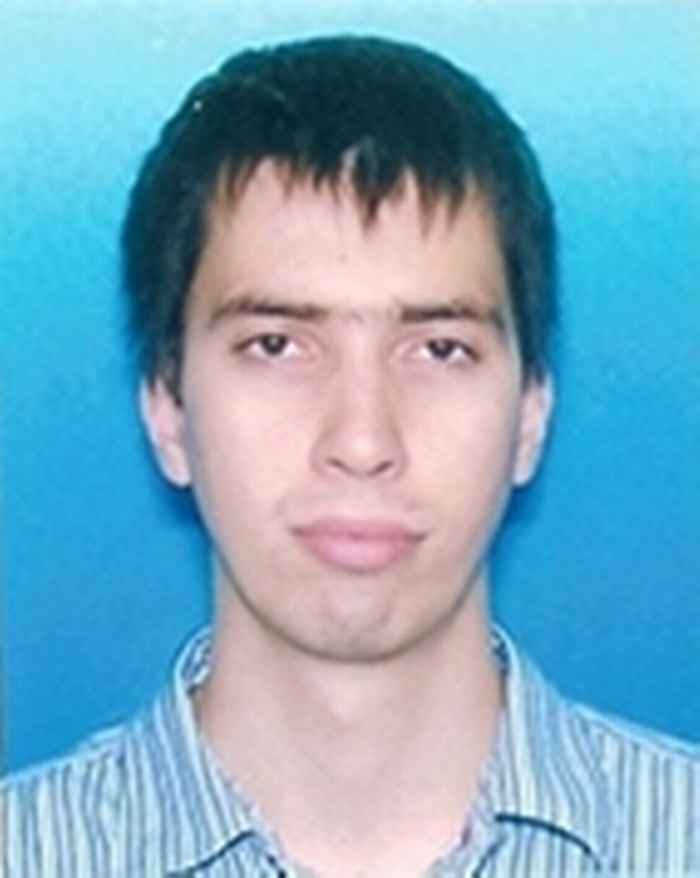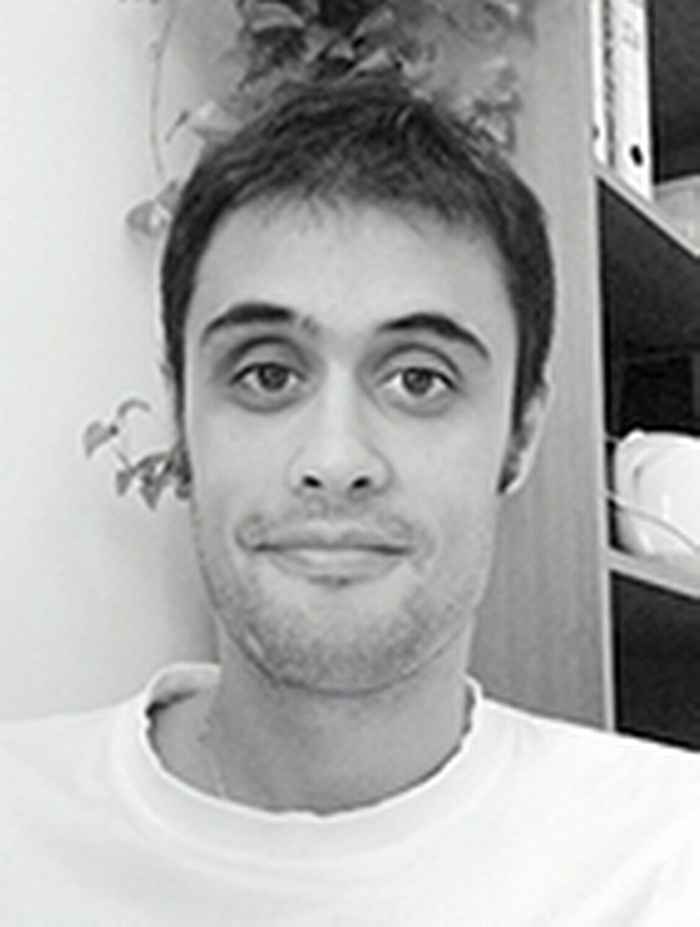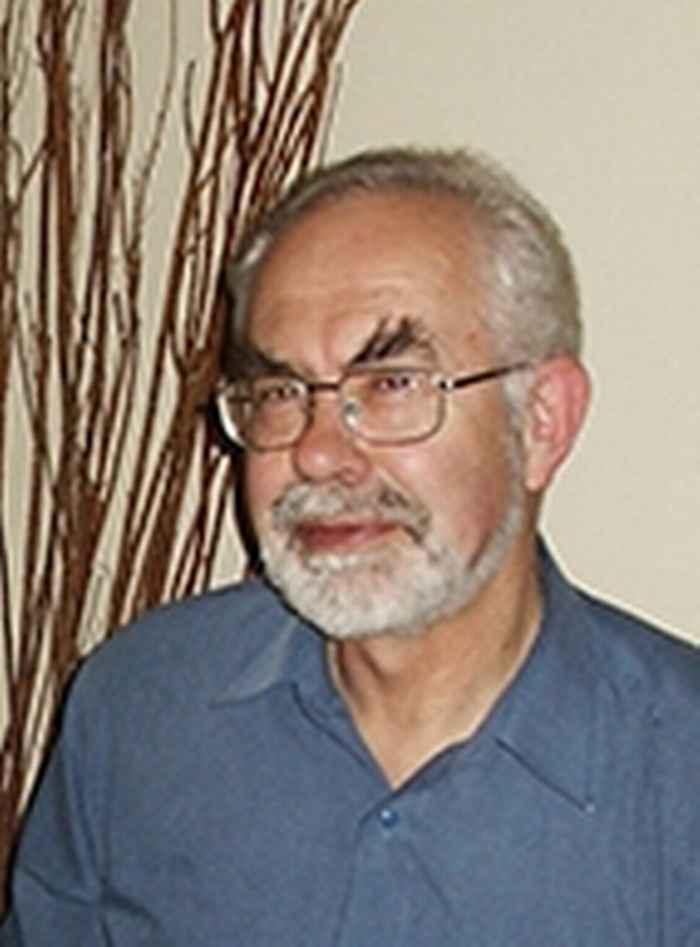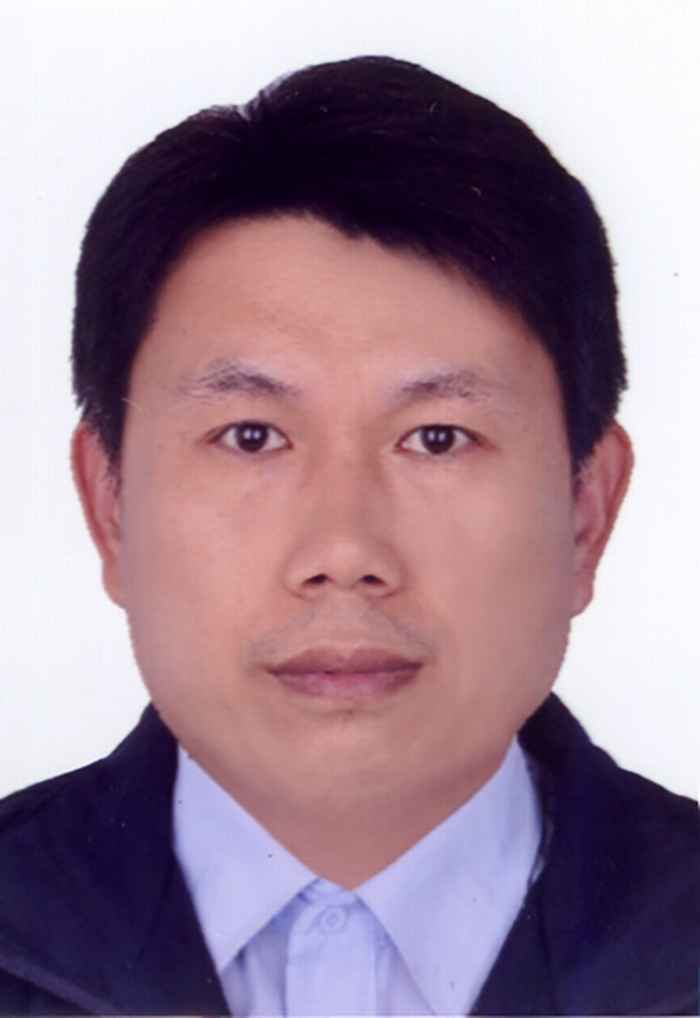Four new HRSMC Fellowships awarded in May 2017

Developing design rules for a biomimetic di-iron hydrogenase catalyst
Guest: Dr. Mihajlo Etinski (University of Belgrade, Serbia); hosted by Dr.Ir. Bernd Ensing (UvA), Prof. dr. Joost Reek (UvA) and Dr. M. Tromp (UvA).
In this project, we aim to develop a strategy to systematically improve biomimetic catalytic complexes for the reduction of protons to molecular hydrogen fuel using computational methods. Dr. Mihajlo Etinski is an expert on quantum chemical studies of reaction mechanisms, and has recently completed a thorough analysis of all possible reaction routes of the electron and proton transfer steps that lead to the H2 product, catalysed by a relatively simple di-iron catalyst. This work will form the basis from which we will investigate the influence of redox-active ligands, transition metal ions, and solvents on the catalytic activity. Design rules distilled from these results will aid in developing more efficient catalysts for sustainable fuel production.
A visit of four weeks.

Origin of Diastereoselectivity in Interrupted Ugi Cascade Cyclizations
Dr. Israel Fernandez (Universidad Complutense de Madrid, Spain); hosted by Prof. dr. Matthias Bickelhaupt (VU), Prof. dr. ir. Romano Orru (VU) and Dr. Eelco Ruijter (VU).
With HRSMC support, Israel Fernández, from Universidad Complutense de Madrid, together with Matthias Bickelhaupt, Eelco Ruijter and Romano Orru of Vrije Universiteit Amsterdam join forces to solve some of the mysteries behind a high-potential Ugi cascade reaction using quantum chemistry. Ugi-type multicomponent reactions typically proceed with very poor to modest diastereoselectivity. However, recent reports show that, surprizingly, tetracyclic pyrroloindolines can be synthesized with a very high diastereoselectivity (d.r. > 19.1) via an interrupted Ugi cascade cyclization process. The project involves two stages: First, the full reaction mechanism of this transformation is explored. Secondly, activation strain and Kohn-Sham molecular orbital analyses will be engaged to obtain detailed insight into the physical factors governing the relative rates of competing pathways. This opens the possibility to tune and optimize this process through a more rationally strategy.
A visit of one month.

Paramagnetic States in Solar Cell Materials by Electron Paramagnetic Resonance
Guest: Prof. Bolesław Kozankiewicz (Institute of Physics of the Polish Academy of Sciences, Warsaw, Poland); hosted by Dr. Martina Huber (Leiden University) and Prof. dr. Michel Orrit (Leiden University).
To develop and improve photovoltaic devices, knowing the nature of states in which charges are trapped, is important. These traps limit the efficiency of the material and therefore should be avoided. Traps are often paramagnetic, making electron paramagnetic resonance (EPR) an ideal method to study them. We will combine light excitation with EPR to study such traps. To identify the trapped states responsible for poor performance of the material, the conditions used in the optical experiments have to be matched to the light-excitation conditions used for EPR, requiring specialists from both fields.
In this endeavour, the visiting scientist and the two hosting groups (Huber, EPR and Orrit, single molecule optical spectroscopy) will combine their specializations in optics, light-induced phenomena and EPR to embark on this task.
A visit of six weeks.

Photo‐induced bi‐stable transition metal functional molecule‐based magnetic complex
Guest: Prof. dr. Daopeng Zhang (Shandong University of Technology, China); hosted by Dr. Sylvestre Bonnet (UL).
Spin crossover (SCO) complexes are switchable molecular materials that respond to environmental stimuli (T, P, light, analytes) through changes in magnetic, optical, electrical and mechanical properties associated with the high- (HS) and low-spin (LS) states of the SCO centre. Prof. Daopeng Zhang has extensive expertise on SCO compounds and will join the group of Dr. Bonnet in Leiden to develop new light-sensitive SCO molecules. The main research topic and work during the stay of Prof. Zhang at Leiden University will focus on the “Photo-induced bi-stable transition metal functional molecule-based magnetic complex’’, which will well complement Bonnet’s expertise on SCO functional complexes. The two objectives of the project are as follows: 1. By incorporating photo-sensitive azobenzene moiety in a tetrapyridyl ligand, Prof. Zhang will crystallize new SCO materials (especially with Fe(II) as metal center) and investigate their light-switching properties at room temperature. 2. By coordinating the same ligands to ruthenium(II), Prof. Zhang will obtain light-activatable anticancer prodrugs that show two types of reactivity: on the one hand, the photo-substitution of the axial ligands; and on the other hand, the trans-cis isomerisation of the azobenzene group. He will study the photoreactivity of these complexes by a combination of different spectroscopies and mass spectrometry. Thus research on switchable molecular materials will contribute to developing Dr. Bonnet’s research on light-activated cytotoxic compounds.
A visit of 2 months.